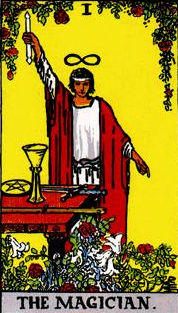
Aleister Crowley was a wickedly brilliant early twentieth century magician. One of his less mentioned books, Magick in Theory and Practice, was first published, as far as I can tell, in 1929. As with all of Crowley’s work, it aims to shock and is a bit heavy handed for my taste. But the
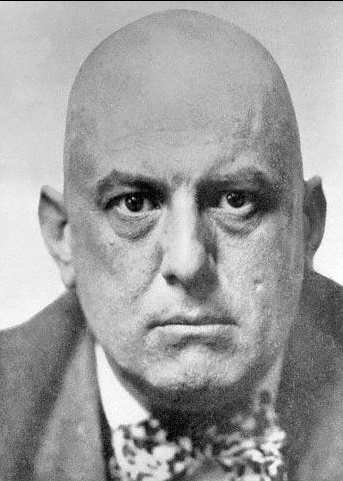
introduction should be required reading for every magician. It defines magick as “the Science and Art of causing Change to occur in conformity with Will…..Every intentional act is a Magical Act.” By this definition, every time we cause change to occur we are doing magic. But notice that capital “W” in will. The Will that Crowley is talking about is not merely the act of wanting and acting on those desires, it is our True Will, the will of our higher self which is in touch with the power of the universe. He continues: “A Man whose conscious will is at odds with his True Will is wasting his strength. He cannot hope to influence his environment efficiently…… A man who is doing his True Will has the inertia of the Universe to assist him.”
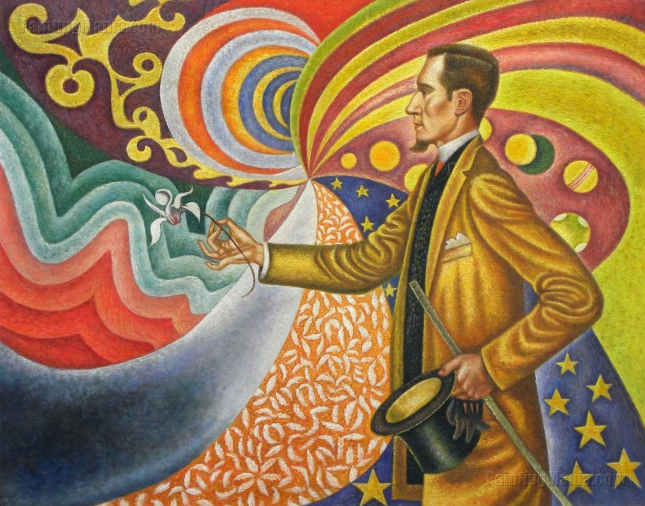
Discovering her/his True Will, and connecting with the multidimensional universe that supports it, is the lifelong work of the magician. The method doesn’t matter, as long as this goal is achieved.
This is the meaning of The Magician, and Smith and Waite, the creators of the Rider, Waite, Smith deck, have done everything but jump up and down and spell it out in capitol letters on the card. The image shows the magician standing in a garden of red roses (desire) and white lilies (purity and innocence). Taken together, these are the qualities that make a successful life. On his altar are the symbols of the four elements of the material world. His right hand is holding aloft a double-ended wand and his left is pointing toward the earth, channeling his True Will, which has the power of the universe behind it, into his earthly garden.
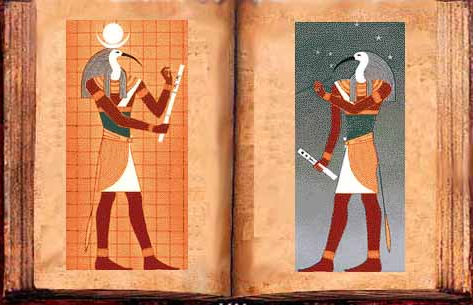
The Magician is the card of practical magic, of manifestation. Its Hebrew letter is Beth, which means house. To manifest a house you must know basic geometry, how to measure distance, how to create a straight line, how to best take advantage of earth currents, etc. This is the realm of the Greek god Hermes and the Egyptian god Thoth, the gods associated with this card.
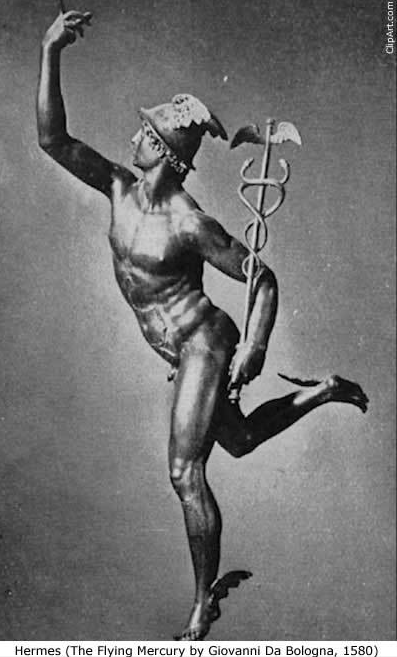
The planet Mercury rules the Magician card; and Hermes (Romanized to Mercury) is the messenger of the gods. He is one of the few that has business in all three realms, the heavens, the earth, and the underworld. Both he and Thoth lead souls to the underworld and both are associated with communication, writing, speech, mathematics, and knowledge. All the things you need to bring together abstract theories, formulae and divine power to manifest your True Will.
But beware. Hermes, is also a trickster. Finding your True Will ain’t easy. You may think you have it figured out; and then again, you may have it all wrong. He laughs uproariously at pompous pedants, smug prudes, libelous libertines, and serious scholars. In fact, none of us are safe from his from his sneaky pranks that somehow twist our lives back on track.
In a reading, The Magician is the “It’s time to pull a rabbit out of your hat” card. Where he appears in the spread shows the querent where she needs to hunker down, tap into the divine universe, and make things happen; or that she is thinking about doing this. Or it may describe the querent herself, or someone in her life. Or it may be the place where Hermes is waiting to trick her into some sense.
In the hero’s journey, The Magician most typically appears as the mentor; the wise sage who gives the hero the advice and/or training she needs. He may be the hero herself, or even the person she is striving to become. The magician-mentor may assume the guise of trickster in his attempts to instruct the hero. He can also be any one or combination of the other archetypes. Sherlock Holmes’ nemesis, Moriarity, is a good example of The Magician as shadow-trickster. Aleister Crowley is The Magician as mentor-shadow-trickster.

